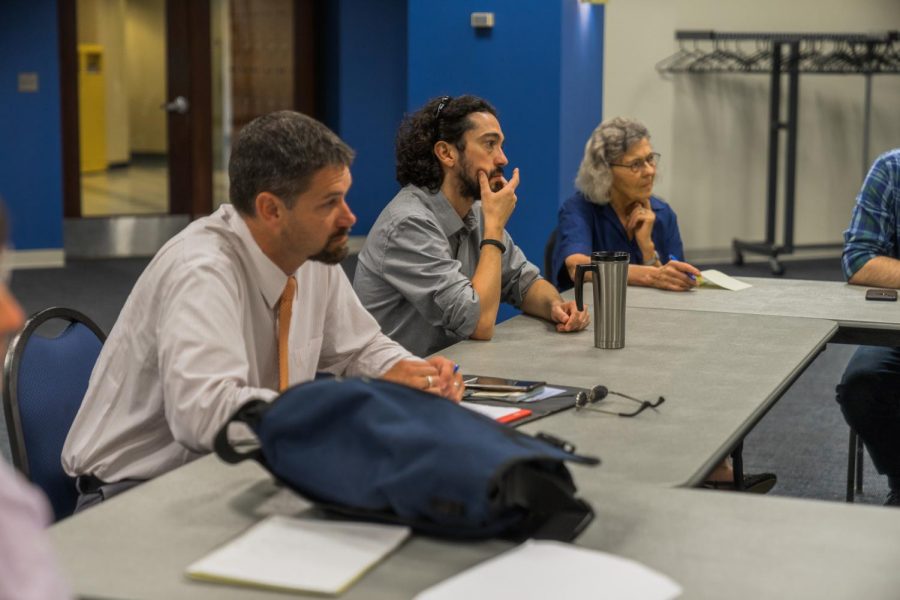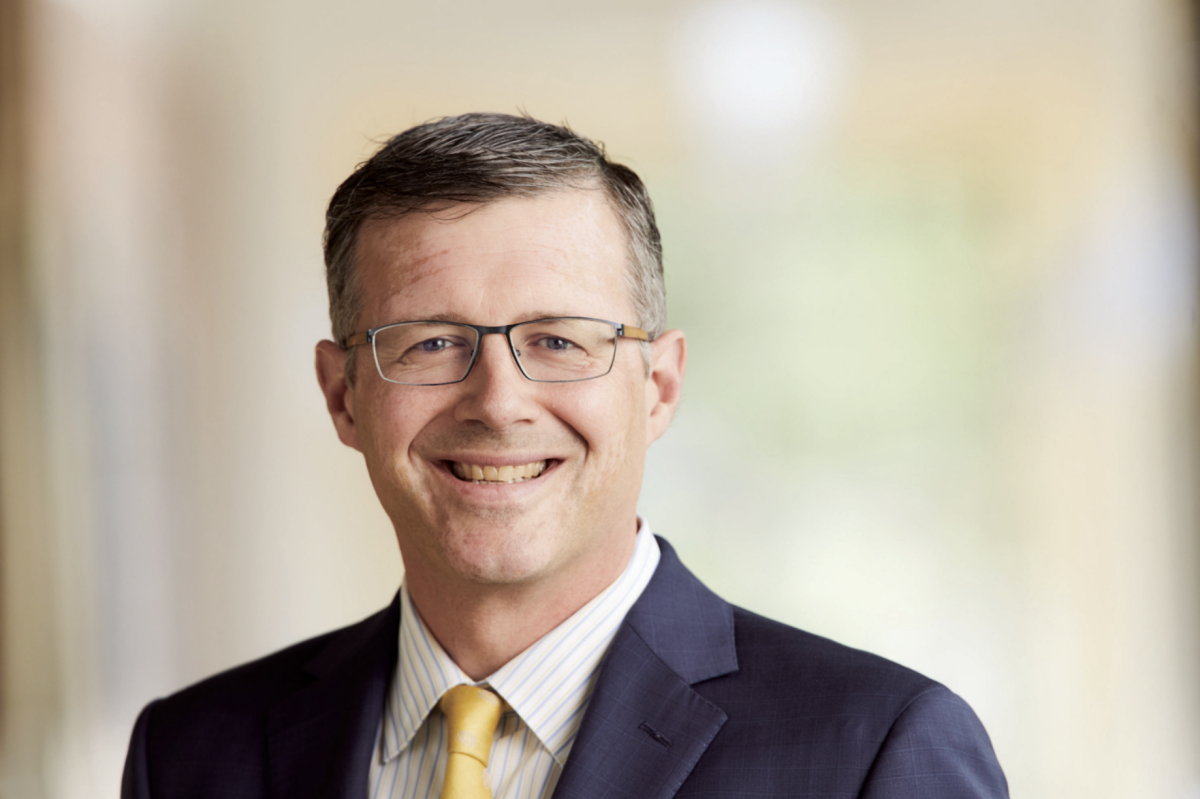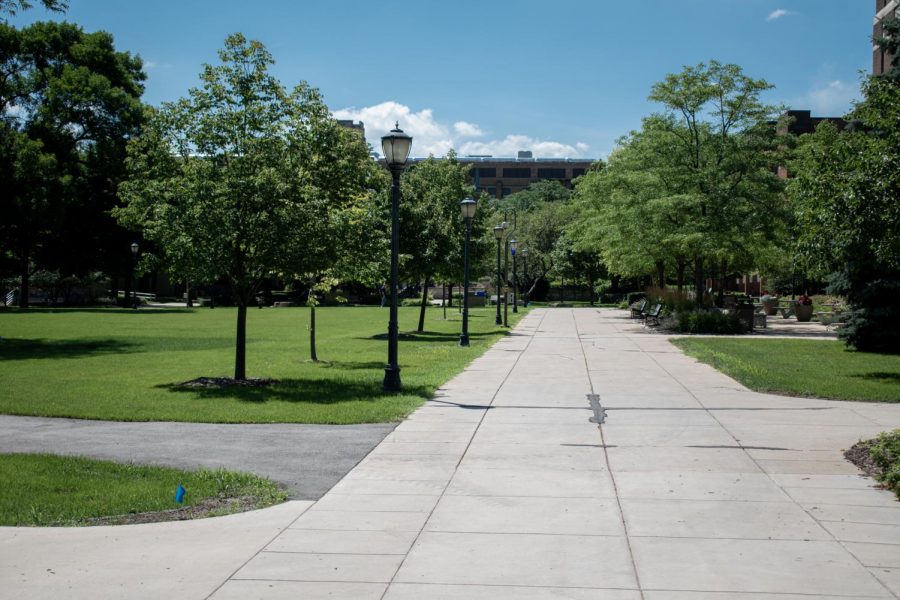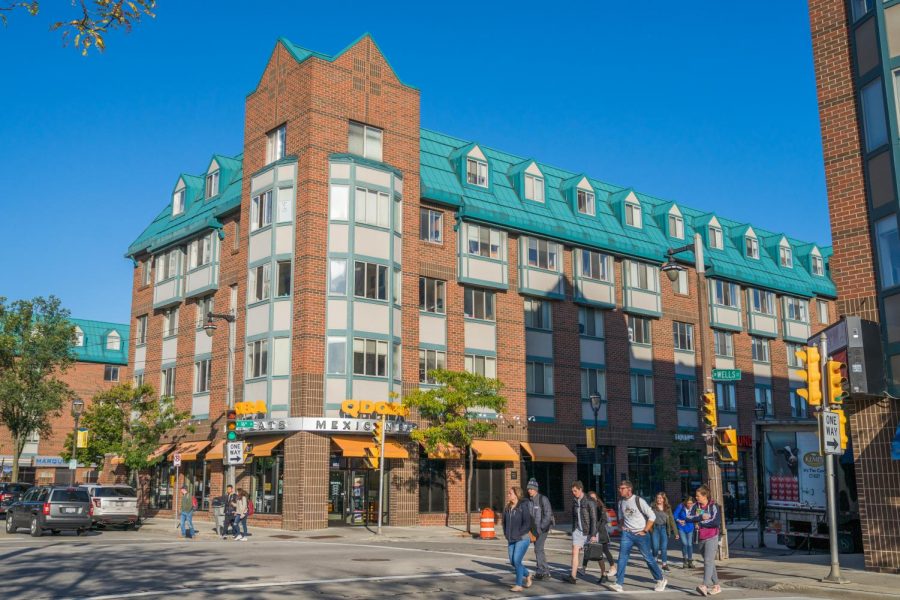Four months after an event to discuss sustainability, Marquette University remains without a sustainability coordinator. This failure to prioritize and maintain sustainability is detrimental to Marquette and the broader community.
The position became vacant when former coordinator Brent Ribble left in summer 2019. The reason for his departure is unclear. In response to why a full semester has passed without a coordinator, Lora Strigens, vice president for facilities planning and management, and Mike Jahner, director of facilities management, said they want to find the right fit for the position.
But the job opening was not yet posted to the public when the spring 2020 semester began, and there is no specific date by which the position will be filled, Strigens said.
Past searches indicate the university’s ability to set specific guidelines for hiring.
For example, the search for the new provost was set to conclude at the end of the fall 2019 semester. The university publicly declared a hire would be expected in October 2018 for the new Marquette University Police Department chief, though the announcement fell behind schedule. In September 2018, deputy Title IX coordinator William Welburn said he expected to hire a permanent Title IX coordinator by the end of the calendar year. Welburn followed through on his timeline.
Most recently, Provost Kimo Ah Yun said he hopes the permanent College of Communication dean will begin their role July 1, 2020.
Timing is more critical for finding a sustainability coordinator than it is for finding faculty members in other departments. With no guidance nor new university-led sustainability initiatives, the campus will continue to incur waste, repeat behaviors that perpetuate overconsumption and contribute to the growth of our ecological footprint.
The university must come forward with a specific timeline and plan for the coordinator’s hire. Similar to other searches, it should include campus listening sessions and candidate profiles to guide the decision.
Currently, student organizations — such as Students for an Environmentally Active Campus, Ocean Conservation Club and MU Pollinators — said they have recently operated without administrative support in their environmental efforts. Without a university representative to back their efforts, these groups are left without the potential to make the most meaningful changes possible to campus sustainability.
Strigens and Jahner said they have maintained the duties of the sustainability coordinator’s position, yet they did not meet with SEAC last semester. Laura Schmit, co-president of SEAC and senior in the College of Arts & Sciences, said the sustainability coordinator works closely with SEAC to guide and coordinate projects.
Moreover, none of the Marquette Sustainability’s social media pages have been updated from June 2019 to the publishing of this editorial.
When the sustainability coordinator is hired, the person must be equipped with adequate funding and resources from the university. The position is meaningless without sufficient support. This may mean staffing Marquette Sustainability with additional team members to address a broad range of sustainability areas not achievable by a lone individual.
Progress with sustainability at Marquette is at a standstill due to a lack of engagement and discussion with students and the community.
Although there have been composting and recycling initiatives on campus, the university has not provided public updates on other sustainability issues, like campus energy, water usage or land restoration.
In stark contrast to Marquette’s efforts, fellow Jesuit university Loyola University Chicago has made sustainability an integral centerpiece of campus life.
LUC’s Institute of Environmental Sustainability provides multiple environmentally focused majors, research opportunities, initiatives and information regarding campus sustainability. The prioritization of sustainability is present in three aspects of LUC: campus, curriculum and culture. Marquette offers an environmental studies major, but the curriculum is filled with broader coursework that is not intimately paired with campus impact.
Marquette seeks to enable students to positively contribute and change the world in which they live. By sidestepping sustainability, the university is not promoting the reality students will have to face when they leave Marquette. They may be ill-equipped and ill-informed about the dangers of climate change without a university that prioritizes this issue.
The university cannot be slow to act. The conversation and concern about climate change is growing across the nation.
According to a 2019 Harvard Kennedy School Institute of Politics poll, 46% of young Americans agreed with the statement, “Government should do more to curb climate change, even at the expense of economic growth.” This percentage was up 9% from the 37% of young Americans who agreed with the statement in 2017.
On a campus of young individuals, addressing environmental issues should be something the university cares about.
Caring about sustainability is not optional. It is a responsibility an an imperative to which everyone must respond, and the university is no exception.
Marquette needs sustainability leadership to ensure an active effort toward a greener, more environmentally conscious campus. The time to commit is now.








